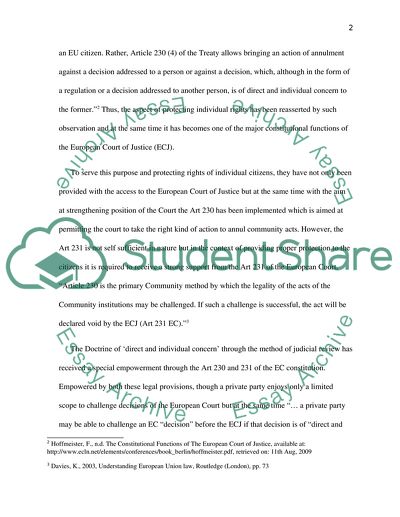Cite this document
(“European Union Law and European Court of Justice Research Paper”, n.d.)
European Union Law and European Court of Justice Research Paper. Retrieved from https://studentshare.org/law/1726164-european-union-law
European Union Law and European Court of Justice Research Paper. Retrieved from https://studentshare.org/law/1726164-european-union-law
(European Union Law and European Court of Justice Research Paper)
European Union Law and European Court of Justice Research Paper. https://studentshare.org/law/1726164-european-union-law.
European Union Law and European Court of Justice Research Paper. https://studentshare.org/law/1726164-european-union-law.
“European Union Law and European Court of Justice Research Paper”, n.d. https://studentshare.org/law/1726164-european-union-law.


